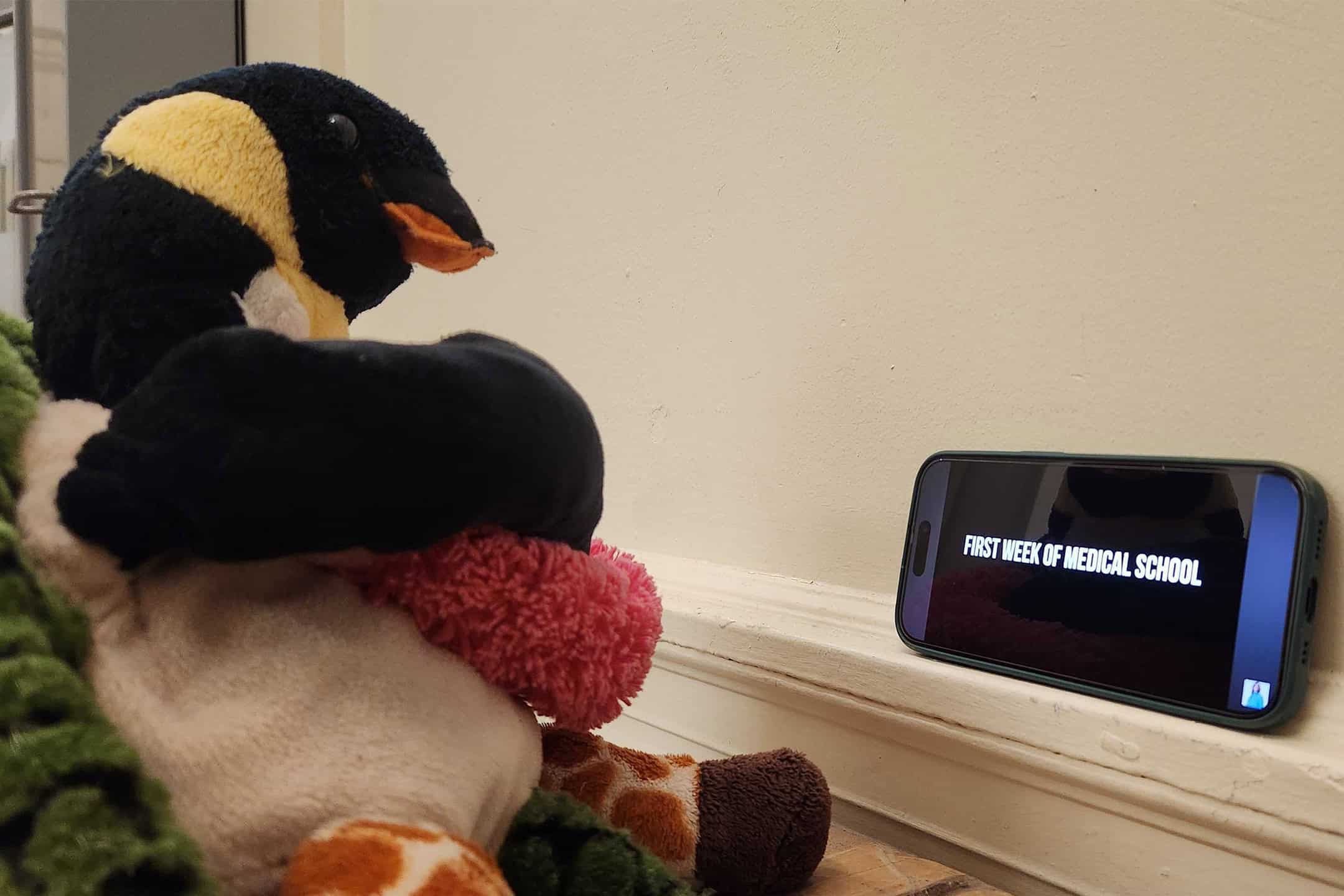As a neuroscience student, people often assume that I have a solid understanding of the complex and often inaccessible world of science beyond my field. They think that just because I managed to memorize brain anatomy, I’m somehow equally equipped to comb through a chemistry research paper.
While my degree has fostered a deep appreciation of the interconnectedness of all the natural sciences, it’s left me with an uncomfortable specific ‘expertise,’ beyond which, I struggle just as much as someone who isn’t studying something science-related at all. I have no problem rambling on about how cool our brains and minds are over a cup of coffee, but when someone asks me questions beyond high school genetics, I freeze with embarrassment, trying to quickly change the subject.
As students, our learning confined within our lecture halls’ walls might fail to give us a holistic understanding of science and its place in society. That’s why science communication — the practice of connecting science with society, and communicating to the public what’s happening in the scientific world to stay informed — is essential. I have listed my top five picks for the best social media platforms below to help you discover or rediscover the incredible science research happening all around us!
Ben Rein: The accessible neuroscientist
In a world of pricey scientific journal subscriptions, inaccessible publications, and misinformation, access to information is incredibly important. Neuroscientist and science communicator Ben Rein — with more than one million followers across multiple social media platforms — aims to bridge the gap between science and the public with his bite-sized summaries and commentary on all things relating to neurology, psychology, and society. Interested in knowing how someone can survive without their brain? Rein’s video on the topic is funny and informative.
With various research papers as his green-screen background, Rein’s short videos often feature digestible explanations of fascinating medical cases that have captured public interest. Amidst misunderstandings of scientific research and widespread misinformation, Ben Rein (@doctor.brein) is there to debunk medical myths and provide evidence-based answers to all the questions and curiosities you might have about what’s going on inside your skull.
Morgan McSweeney: Health, fitness, and nutrition
Are scented candles actually bad for you? How concerned should I be about GMOs? News headlines about all the sneaky ways pollutants impact us have dominated our Instagram feeds lately. With shame, I can say that until last month, I had no idea that the hygiene products I used could have “hormone-disrupting chemicals” in them. Most people don’t have the time, energy, or scientific literacy to understand the various ways chemicals can impact our health.
That’s why someone like Morgan McSweeney — also known as @dr.noc on TikTok — who holds a PhD in pharmaceutical sciences and immunology is here to break down the science behind these headlines and tell us exactly if we need to worry about them. His short videos and frequent Instagram Q&As have amassed over 600,000 followers. He blends science with comedy, covering a range of topics from where sunsets get their colourful hue to how implicit biases beyond our conscious control shape public opinions and politics.
Linguistics and etymology aren’t always painful to study
In my first year of university, I sat slouched in an introductory linguistics course as the professor went over the structure of language and how we can process its complexity. I barely passed the class, and looking back, I wish I had someone on social media to ignite an interest in linguistics for me.
Did you know that some dialects — like French and Spanish — have gendered words which originated in Southwestern England? Or are you a map fanatic interested in how our physical environments influence everything from agriculture to voting tendencies to the military? Then I’d check out Adam Aleksic (@etymologynerd) — a Harvard linguist — or YouTuber @humanteneleven if you want to learn more. Both of these creators use modern culture, history, language science, and sociology to craft quick and easy linguistic lessons that you can use to make any boring dinner conversation more fun.
Dr. Southard: Appreciating our healthcare workers — and becoming one ourselves
I started watching @Dr. Rachel Southard when I was in high school, back when I had ambitions of going to medical school. Dr. Southard is an obstetrician and gynecologist — a physician who specializes in pregnancy, childbirth, and the female reproductive system. Her YouTube videos — ranging from long-form vlogs to sit-down Q&A’s — document the fast-paced and emotionally charged life of a second-year physician navigating everything from hospitals to life’s biggest milestones while sometimes working over 80 hours a week.
Mostly encompassing lifestyle content, Southard also weaves in bits of educational content about anatomy, women’s health, pregnancy’s trials and tribulations, and how to manage residency burnout. If you are interested in getting a glimpse into medicine as a career and what studying for the MCAT is like, her channel could have the answer. Through her content, Southard cultivates a profound appreciation for healthcare workers and the journey it takes to pursue such a career.
All of these accounts accomplish something that traditional scientists oftentimes are not willing, interested, or able to do. Blending lived experiences, humour, and culture with academics is not easy, and these accounts not only do it with grace and accuracy but in a deliverable format that’s accessible as a swipe on our feeds. So why not learn something new as you scroll?



No comments to display.